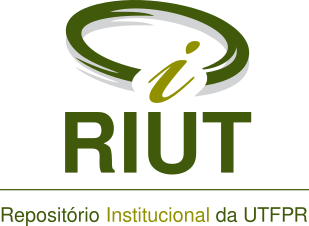Integration of Big Data and public health: an innovative methodology for predicting dengue cases in Espírito Santo and Distrito Federal
Resumo
This article, developed based on a robust methodology, aimed to establish a correlation between public interest in dengue, as indicated by Google Trends data, and the reported cases of the disease by the Espírito Santo State Health Department, Brazil, on the one hand, as well as the correlation between similar trend data and the incidence of dengue in Distrito Federal. This innovative research reconstructed a time series of interest in dengue in 49 of the 78 municipalities in Espírito Santo, aiming to better understand the dynamics of this arbovirus in specific contexts. Dengue represents a significant challenge to global public health, with a rapidly expanding geographic distribution, mainly in regions with tropical and subtropical climates. The methodology applied in this study was exploratory in nature, but showed great potential, due to the strong association verified even in such a simple model. Thus, the research proposed an empirically based and innovative approach, aiming to significantly contribute to the fight against dengue in Espírito Santo and potentially in other regions with similar challenges.
Palavras-chave
Texto completo:
PDF (English)DOI: 10.3895/rbpd.v14n2.19159
Apontamentos

Esta obra está licenciada sob uma licença Creative Commons Atribuição 4.0 Internacional.





